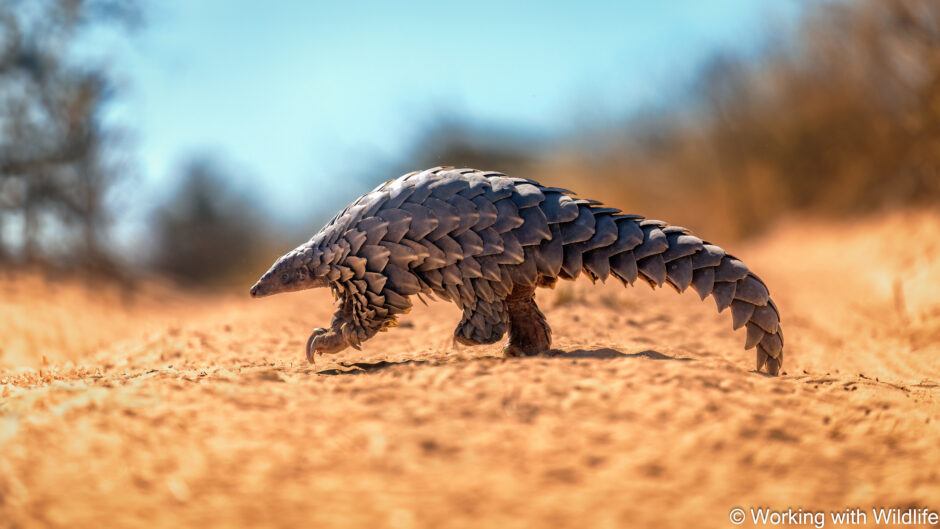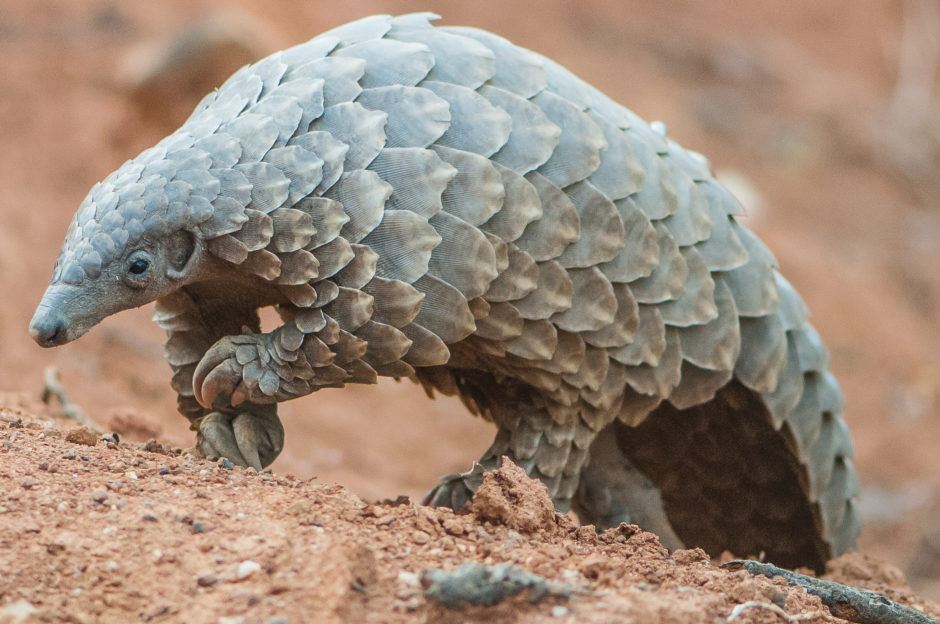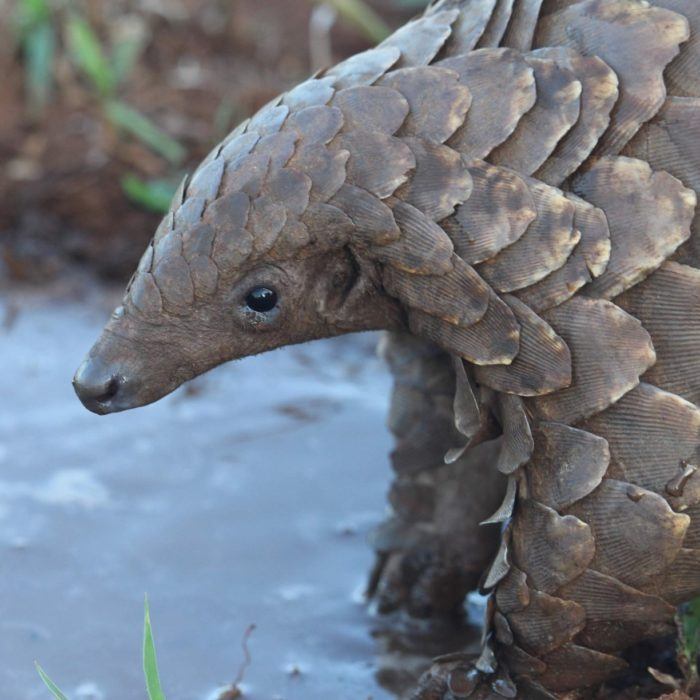In the shadowy world of illegal wildlife trafficking, there exists a silent victim that often goes unnoticed—the pangolin. Despite its low profile, this unique creature holds the dubious distinction of being the most trafficked animal in the world. Poached for its scales and meat, pangolins face a dire threat to their existence. However, efforts to curb this illicit trade offer hope for their survival.
The Pangolin’s Plight:
Pangolins are elusive creatures found across Africa and Asia. Characterized by their armor-like scales and long, sticky tongues, they play a crucial role in ecosystems by controlling insect populations. Despite their ecological importance, pangolins are relentlessly hunted for their scales, which are believed to possess medicinal properties in traditional Asian medicine, and their meat, considered a delicacy in some cultures.


Trafficking Crisis:
The demand for pangolin products has fueled a booming illegal trade industry. Millions of pangolins have been poached and trafficked over the past decade, driving all eight species of pangolins to the brink of extinction. Trafficking networks operate globally, smuggling pangolins and their derivatives across borders with sophisticated methods, making law enforcement efforts challenging.
Conservation Efforts:
Recognizing the urgency of the situation, governments, NGOs, and conservationists have intensified efforts to protect pangolins. Several strategies have been employed to combat the illegal wildlife trade:
- Legislative Measures: Many countries have implemented stricter laws and penalties for pangolin trafficking. For instance, China, one of the largest consumers of pangolin products, banned the trade and consumption of pangolins in 2020, signaling a significant step towards conservation.
- Awareness Campaigns: Education and awareness initiatives have been crucial in changing consumer behavior and reducing demand for pangolin products. Campaigns highlight the ecological importance of pangolins and the consequences of illegal trafficking, aiming to discourage consumption and promote conservation.
- Law Enforcement: Enhanced enforcement efforts, including increased patrols, wildlife crime investigations, and collaboration between law enforcement agencies, have resulted in numerous pangolin seizures and arrests of traffickers. Interpol and other international organizations play a vital role in coordinating efforts to combat wildlife crime.
- Conservation Initiatives: Conservation organizations are working to protect pangolin habitats, establish rescue and rehabilitation centers for confiscated pangolins, and support local communities in conservation efforts. Research into pangolin behavior, ecology, and breeding is also advancing to inform conservation strategies.
Future Outlook:
While progress has been made in combating pangolin trafficking, the battle is far from over. Continued collaboration between governments, NGOs, local communities, and the public is essential to safeguard pangolins and address the root causes of illegal wildlife trade. Sustainable development practices, alternative livelihoods for communities dependent on wildlife trade, and international cooperation are crucial for long-term conservation success.


The plight of the pangolin serves as a stark reminder of the devastating impact of illegal wildlife trade on biodiversity and ecosystems. By addressing the demand for pangolin products, strengthening law enforcement, and supporting conservation efforts, we can work towards securing a future where pangolins thrive in their natural habitats, free from the threat of extinction. It’s time to act decisively to protect these extraordinary creatures before it’s too late.
Ways to get involved and support
Watch our previous live streams on Pangolins
Wildlife Vet Online Live Ep. 3
Wildlife Vet Online Live Ep. 19
Wildlife Vet Online Live Ep. 25
Discover Pangolin conservation topics via our online course starting today!
Pangolins, presented by Dr Peter Rogers (BVSc), and supported by collaborating organisations and projects, is ideal for students of veterinary science and other biosciences like ecology, zoology and wildlife conservation.




Leave a Reply
You must be logged in to post a comment.